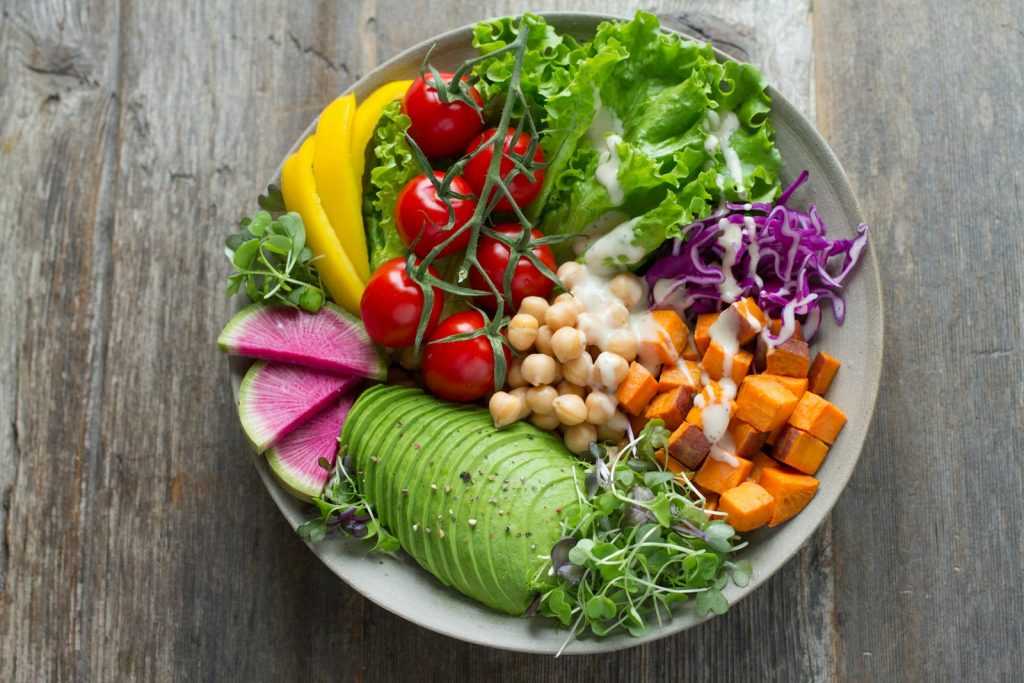
Creating a healthy diet is a cornerstone of maintaining overall wellness and vitality. This guide will explore the essential components of a nutritious diet, practical tips for meal planning, and common myths about healthy eating. By the end of this article, you’ll be equipped with the knowledge to make informed food choices that support your health and lifestyle goals.
Understanding the Basics of a Healthy Diet
A healthy diet provides your body with essential nutrition: fluid, macronutrients like carbohydrates, protein, and fats, micronutrients like vitamins and minerals, and adequate calories. The goal is to support your body’s health and maintain optimal function.
1. Balance Your Macronutrients
- Carbohydrates: Choose whole grains over refined grains. Examples include whole wheat, brown rice, and quinoa. These provide sustained energy and fiber.
- Proteins: Incorporate a variety of protein sources, from both animal (meat, poultry, fish, and dairy) and plant-based origins (legumes, nuts, and seeds).
- Fats: Focus on healthy fats found in avocados, nuts, seeds, and oily fish like salmon. Limit saturated fats and avoid trans fats.
2. Increase Fruit and Vegetable Intake
Aim to fill half your plate with fruits and vegetables. These are rich in essential vitamins, minerals, fiber, and antioxidants, which protect the body against chronic diseases.
3. Stay Hydrated
Water is crucial for maintaining body functions. Adequate hydration impacts energy levels and physical performance. Adults should aim for 8-10 glasses a day, depending on activity levels and climate.
Practical Meal Planning Tips
1. Plan Ahead
Planning your meals can help you avoid unhealthy choices. Prepare a weekly meal plan, shop accordingly, and try to cook meals in advance.
2. Portion Control
Understanding portion sizes can help you manage calorie intake without the need to count calories obsessively. Use smaller plates and check serving sizes on food labels.
3. Snack Smartly
Choose snacks that contribute to your nutrient intake rather than just fill you up. Good options include yogurt, fruit, nuts, or whole-grain crackers.
Debunking Common Myths
1. Myth: You need to cut out carbs to lose weight.
Fact: Not all carbs are created equal. Opt for complex carbohydrates which are digested slowly and provide long-lasting energy.
2. Myth: Eating fat makes you fat.
Fact: Healthy fats are essential for brain health and energy. It’s the type of fat and the total caloric intake that matters more.
3. Myth: You need to eat five small meals a day.
Fact: Meal frequency is personal preference. What’s important is the total nutritional balance over the day.
Conclusion
Adopting a healthy diet doesn’t need to be restrictive or complicated. Focus on nutrient-dense foods, a balanced plate, and listening to your body’s needs. Remember, making small changes over time can lead to significant health benefits.